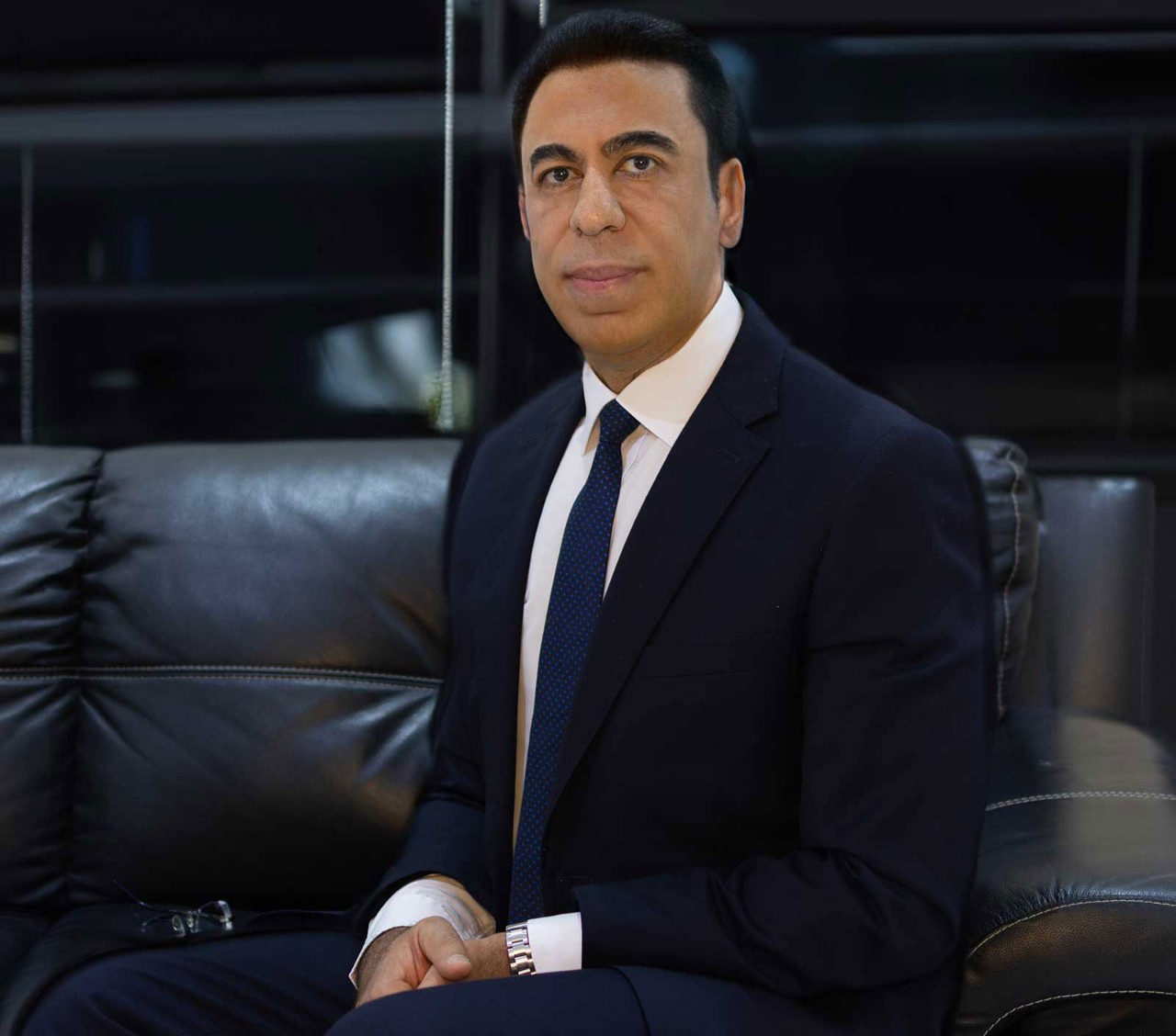
Retaining existing and attracting new talent is a tough job in Sri Lanka, particularly in certain sectors like accountancy. The country has faced significant challenges, including a notable brain drain amidst economic volatility that has made international headlines.
However, a number of accountancy firms have managed to buck this trend, not only retaining talent but also attracting new professionals to their ranks. Central to their success has been the implementation of ’employee-first’ policies, prioritising wellbeing and career growth.
‘Our Anchor programme provides mentorship and support to our female staff members’
Deloitte Sri Lanka and Maldives, for example, actively recruits a diverse workforce and supports talent across all career stages. ‘Associates and trainees are evaluated twice a year and, based on their performance and experience, are promoted with a revision in pay every six months,’ says Sharnila Henry, people and experience leader at Deloitte Sri Lanka and Maldives.
‘We also provide bonuses and a comprehensive list of staff benefits, performance incentives, and an attractive financial reward scheme for appreciation and recognition of good performance.’
Learning opportunities
In terms of non-financial benefits, employees get access to global learning opportunities and the latest technology, and are provided with flexible working arrangements and wellbeing support.
‘For example, our Anchor programme is designed to provide mentorship and support to our female staff members – executive to senior manager levels – and the coaching programme aims to empower professionals with guidance, skills and insights to advance their careers to new heights and learn tips to balance work and personal life,’ Henry explains, adding that global mobility and secondment opportunities are also integral.
There’s a similar ‘people-first’ picture at EY Sri Lanka and the Maldives, where one-to-one feedback sessions and mentorship programmes play a key role. ‘As a recruiter at EY, I have the privilege of connecting with talented individuals with rewarding career opportunities that empower growth and achievement,’ says Anushka Tissera, director – talent. ‘We prioritise our staff, ensuring they gain valuable experience for their future. It’s a commitment we stand by.
‘There are regular promotion cycles for staff who have performed well to progress to the next level’
‘We firmly believe that offering our employees diverse exposure and opportunities across various service sectors can profoundly enrich their careers.’
Communication lines
Over at KPMG Sri Lanka, a culture of open and honest two-way communication has been fostered, with a balance between individual responsibility and comprehensive support. ‘There is an emphasis placed on training and equipping staff and mentoring junior staff on the job, with seniors playing an active role in their growth and development,’ says Suresh Perera, principal – tax and regulatory. ‘There are regular promotion cycles for staff who have performed well to progress to the next level.’
‘We understand the importance of being involved and engaging in staff growth from the early stages’
KPMG Sri Lanka’s promotion criteria centres on staff performance. ‘The culture here is a learning-teaching culture, and we understand the importance of being involved and engaging in staff growth from the early stages,’ Perea says. He adds that the firm’s performance management system provides objective insight into staff growth, while the direct involvement of seniors in career progression and planning provides a more personal approach. In addition, KPMG’s alumni network provides a stream of top talent.
Secondment opportunities play an important role, too. ‘We provide opportunities for our staff to work virtually or physically in overseas KPMG offices,’ Perera explains. ‘The experience that staff receive in a new environment provides various opportunities and challenges to learn and grow in their roles.
‘We take pride in our people. We prioritise the work experience of our staff not only in terms of technical excellence but also personal growth and nurturing. We invest greatly in our team and our people, and will always prioritise the wellbeing of our staff.’
Open approach
Meanwhile at BDO Sri Lanka and Maldives, managing partner Sujeewa Rajapakse says the firm’s approach to retaining existing talent is to provide substantial growth opportunities and career prospects, in addition to maintaining a close dialogue with employees, offering regular performance evaluations and being accessible for discussions.
‘There’s no red tape here; anyone can approach me directly for mentorship or support’
‘There’s no red tape here; anyone can approach me directly for mentorship or support,’ he says. ‘This open, supportive environment is something we pride ourselves on. At BDO, we believe in developing well-rounded professionals. We provide our staff with opportunities to develop both hard and soft skills.’
Any employee who joins through BDO’s selection process can potentially reach the level of managing partner. ‘I am a prime example of this, having started as a trainee and now being a managing partner,’ Rajapakse says.
A number of staff are currently on international secondments. These opportunities, lasting three to four months, provide exposure to different cultures and business practices. The firm also places a high priority on work-life balance and the HR team puts a premium on safeguarding personal time. Smart work is valued over hard work, and BDO regularly organises employee engagement activities to help staff unwind and connect with each other.
With these examples demonstrating how accountancy firms in Sri Lanka and the Maldives are promoting a ‘people-first’ policy, the profession’s ability to both retain and attract professionals in the region looks promising.
More information
Visit ACCA’s Practice Connect hub for resources to support public practice.


